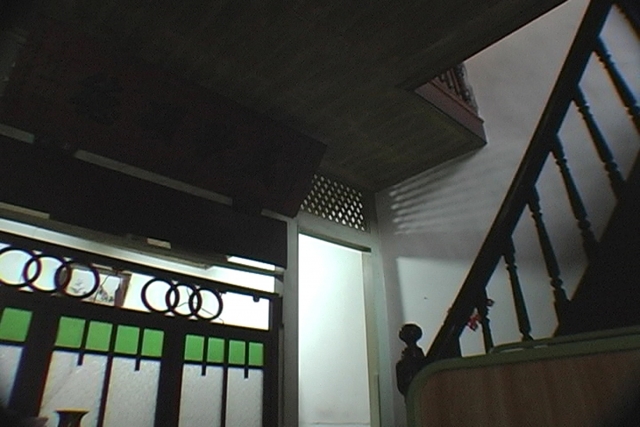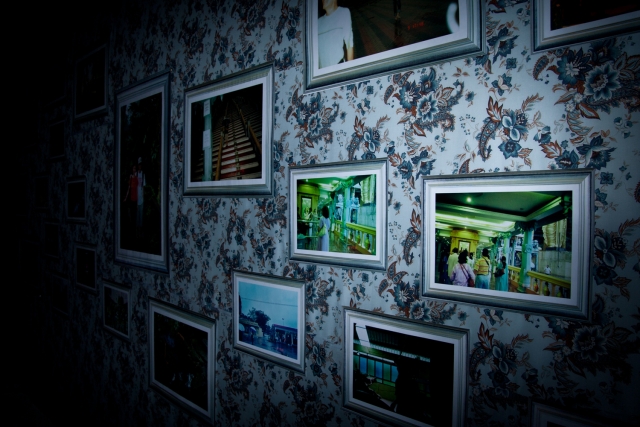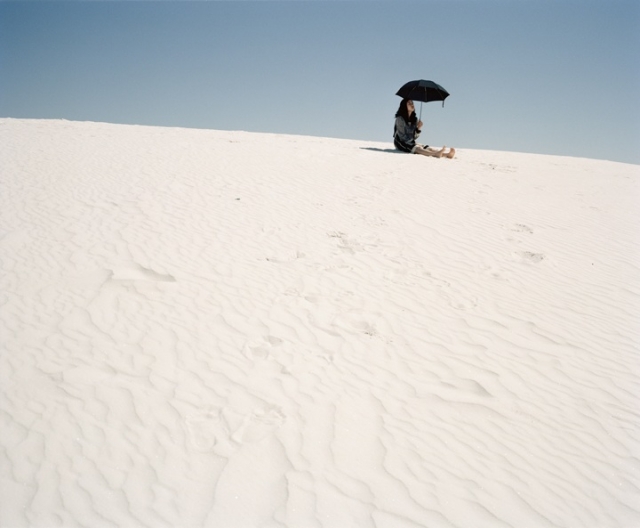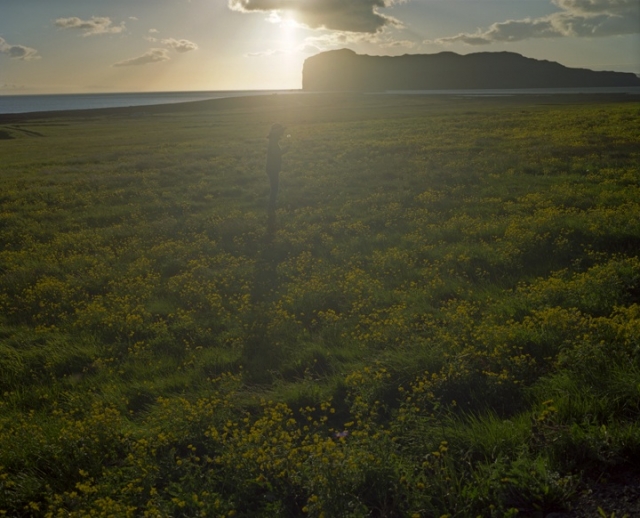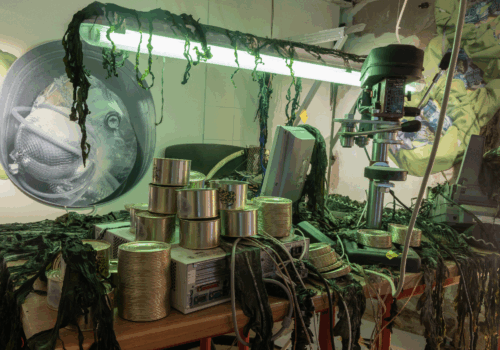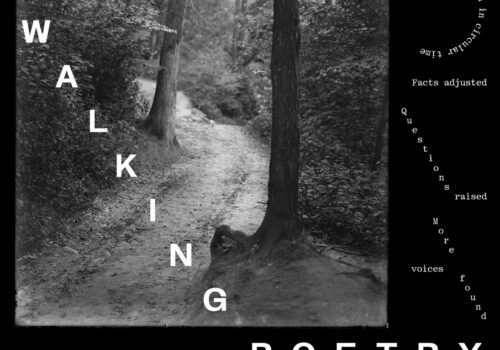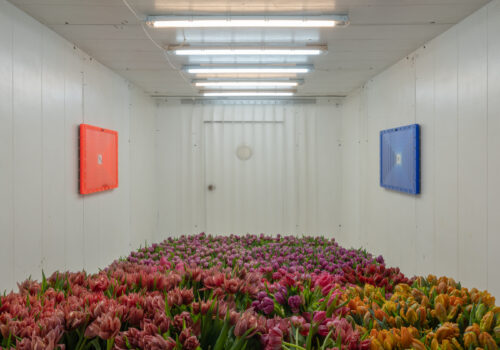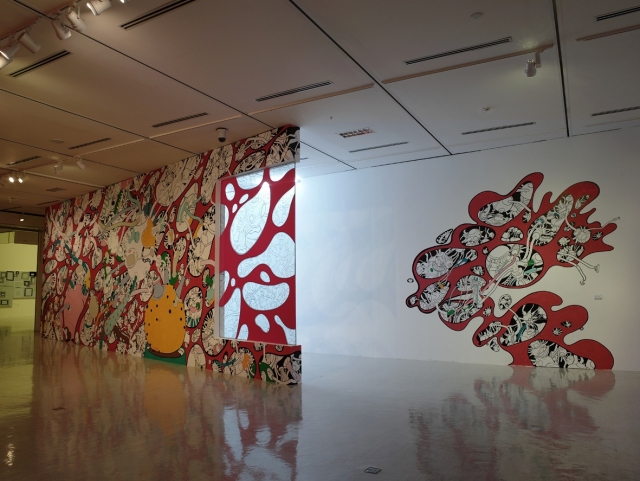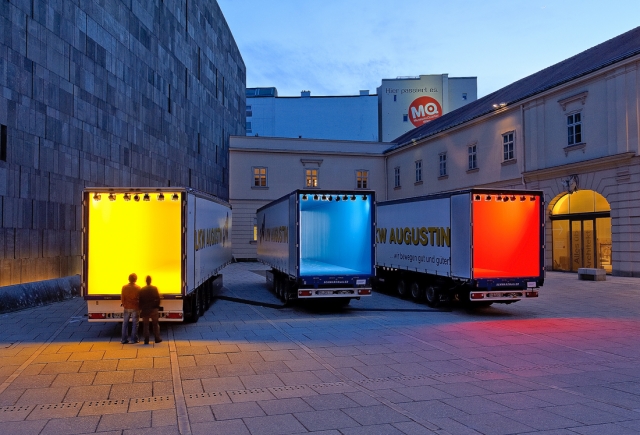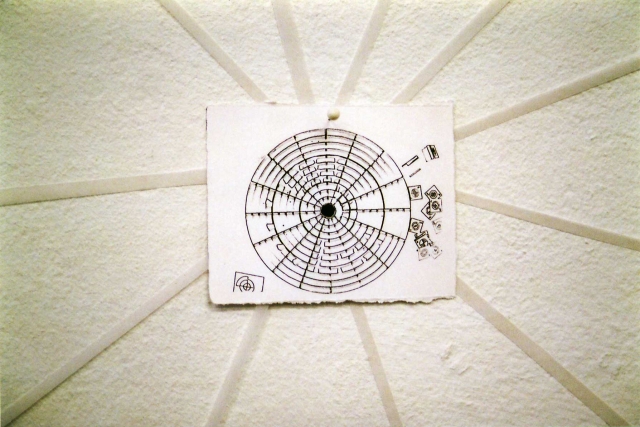ISCP TalkJuly 26, 2011
Salon: Jau-lan Guo and Kanako Sasaki
Jau-lan Guo will present her Taiwanese Contemporary Art (TCA Project). Guo asserts that If curatorship is kind of exhibition praxis, it could allow direct experimentation with the exhibition. Taiwanese Contemporary Art (TCA Project) invites non-Taiwanese artists Fanny Allie, Adam Dwight, Charles Gallois, Yuhi Hasegawa, Xiaofei Li and Phillip Stearns to exhibit their work under the title “Taiwanese Contemporary Art” with fictional Taiwanese names. TCA Project discusses the borderline of identities and is also an institutional critique on curating. Through experimental and performative curating, TCA Project tries to open up the profession and the discipline of curatorship.
Jau-lan Guo will present her Taiwanese Contemporary Art (TCA Project) as well as recent projects including Paradise: Under RE-construction, Polyphonic Mosaic: CO6 Avant-Grande Documenta, Exercise of 0 and 1, Anti-type: Floating over the Stereotype, Nostalgia for Future, and Somnambulism: Phantasmagoric Fugue. Her recent project Somnambulism: Phantasmagoric Fugue (Taipei, 2010) tries to construct a discourse around Asian image and video art practice.
Jau-lan Guo is an independent curator from Taiwan. Although trained as an art historian, Guo’s research extends to new media art and contemporary art related to visual culture.
For her Salon, Kanako Sasaki will present work in progress (photographs and videos) that she has made during her residency at ISCP. She will also introduce previous projects that are related to her current work and will expand on her practice and explore topics such as history, memory, and displacement based on her own experience. Sasaki’s work deconstructs history and the moment/memories through narrative. She uses images to portray sensitivity buried underneath the surface of time. Her inspiration comes from written texts, oral stories, and fragmented narratives that create new dimensions of meaning.
Kanako Sasaki was born in Sendai, Japan, and lives and works in Sendai. She earned an MFA in Photography, Video and Related Media from the School of Visual Arts, New York, and also studied at the Royal College of Art, London, UK.
